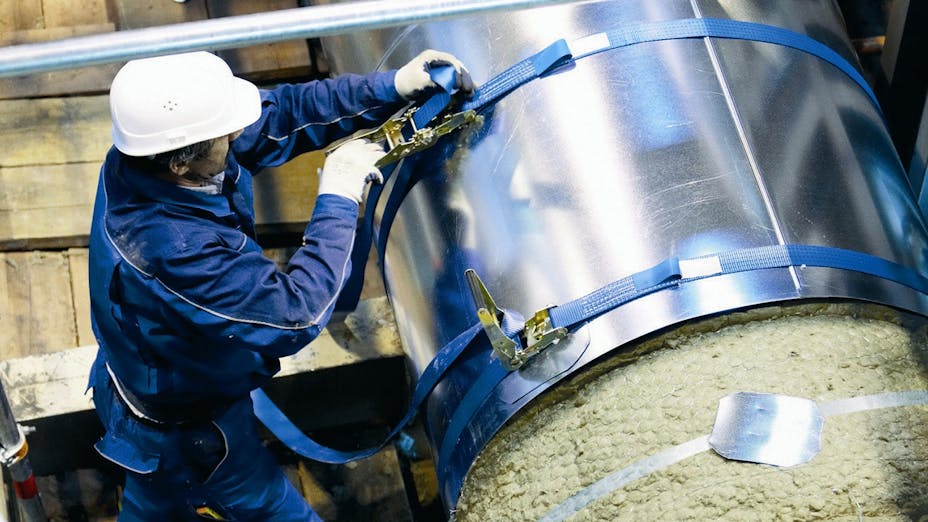The ROCKWOOL Group welcomes the report as it highlights the need for an increased focus on energy efficiency in industry in a year where 90% of Europe's energy legislation is under revision.
"European energy legislation must focus on energy efficiency as well as on replacing fossil fuels with renewable energy sources as it is highly unlikely that the European Union will be able to cover its energy needs through renewables alone if the need for energy remains at or exceeds the current level", says Frank Ove Larsen, Managing Director of ROCKWOOL TECHNICAL INSULATION.
Many studies have shown energy saving potentials in industry, in the form of highly economic measures with short payback times, and it is widely acknowledged that the positive effect of energy efficiency goes far beyond energy savings. According to the International Energy Agency study on multiple benefits, the monetary value of those benefits can exceed the pure energy conservation effects by 250%.Energy demand in industry represents 40% of the EU's total final energy consumption including the buildings in those sectors. Within industry, energy demand is dominated by the energy intensive industries (including the food industry), which are responsible for nearly 80% of industry's final energy demand.
The report investigates how, nevertheless, energy efficiency measures are often delayed or obstructed by non-economic barriers and low prioritisation. Despite the fact that the EU Energy Efficiency Directive requires mandatory energy audits for large companies, there is a lack of follow-up throughout the European Union.
In regard to large enterprises, identified as companies with more than 250 employees, the Fraunhofer report recommends:
- Large companies should be obliged to implement recommended measures with a payback-time of up to 3 years, but the report also offers some alternative benchmarks.
- Penalties should be proportionate to the economic situation of a company and exceed at least twice the typical costs of an energy audit.
- A reporting system should be established where companies or auditors have to proactively submit aggregate data on a company level.
- Member States should be required to set up adequate monitoring systems for the implementation of measures as suggested during the energy audits.
- Large companies that intend to implement an energy or environmental management system should receive a sufficiently long period in order to properly set up this system.
"Today there is no regulation of energy demand in process industry - only safety requirements regarding maximum surface temperature of pipes, or temperature control demanded by the process itself, decide the level of industrial insulation. With the increasing need to reduce our energy demand as a society, this is an unacceptable situation – it cannot be that governments on the one hand exempt industry's energy costs when it comes to taxation, for example, without at the same time asking industry to reduce its energy demand in a cost-effective manner," says Frank Ove Larsen and continues:
"Industrial insulation, a low-tech solution, could help industry across the EU reduce its energy use by 4%, often with a pay-back time of less than a year, but unfortunately we see a missing link between intention and actions. For that reason we strongly support the recommendations in the Fraunhofer report."
Further information
Susanne Dyrbøl
Public Affairs Manager
ROCKWOOL International A/S
+45 4656 0300
communications@rockwool.com

